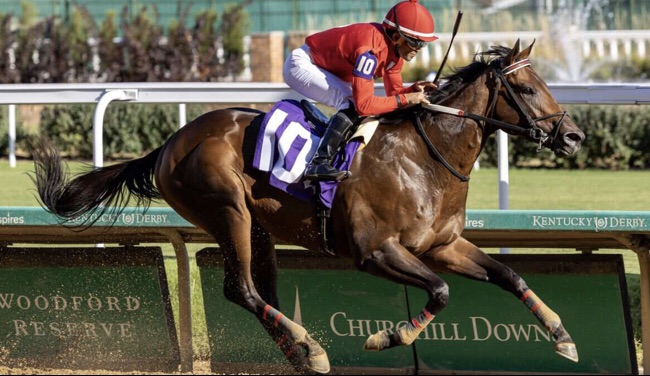Last week, the Federal Trade Commission (FTC) approved $80 million for the Horseracing integrity and safety administration (HISA). HISA, created in 2020 to regulate the safety of professional horse racing, is a classic example of wasteful government spending and should be a key target of the Department of Public Efficiency.
The bipartisan Horse Racing Integrity and Safety Act of 2020 directs HISA to develop and administer anti-doping, drug monitoring, and racetrack safety programs under the supervision of the FTC. The FTC claims that HISA “accomplishes the objectives of the Horse Racing Integrity and Safety Act in a prudent and cost-effective manner,” but the agency’s budget says otherwise.
The majority of the authority’s approved 2025 budget is not allocated to racetrack security ($3 million) or equine veterinary services ($916,000). Both must be covered and insured by private insurance. budget. – Monitoring of doping and drugs. The budget primarily covers the cost of sample collection and testing, which the authority outsources to the Equine Integrity and Welfare Unit (HIWU). Drug Free Sport International is a full service provider of anti-doping services.
In 2025, HISA will pay $6.7 million to cover the salaries of 36 full-time HIWU employees working for the authority. Additional costs include travel costs of $1 million, technology, supplies and professional services costs of $7 million and so-called administrative costs of $2.8 million. This is “the amount of profits remitted to HIWU to administer the program…a negotiated amount.” Of the total costs incurred, 8% are paid directly for services provided by HIWU, leaving 4%.
HISA is allocating $2.4 million to compensate nine administrative employees whose salaries are “based on market value.” HISA’s 2025 budget includes $420,000 for professional public relations services and $100,000 for a “White Paper on the Benefits of Barn Security Cameras,” the passageway between barn dividers.
Horse racing safety, horse health, and fair competition are all important goals for the small segment of the public that owns and races thoroughbreds. It’s a wealthy segment of the population that doesn’t need or deserve tens of millions of dollars a year in taxpayer subsidies.
It doesn’t make sense for the government to spend $80 million a year to regulate a niche sport that can handle itself very well. The new Department of Government Efficiency should direct the FTC to be cautious about approving funding for the Horseracing integrity Safety Authority while it is still operating.

























































